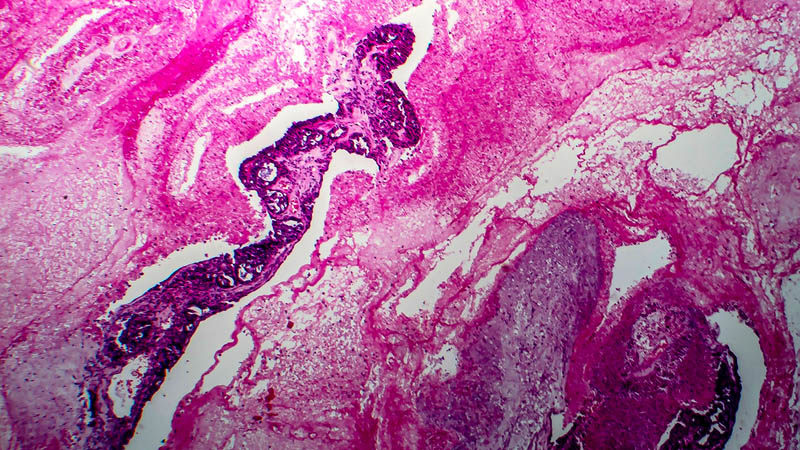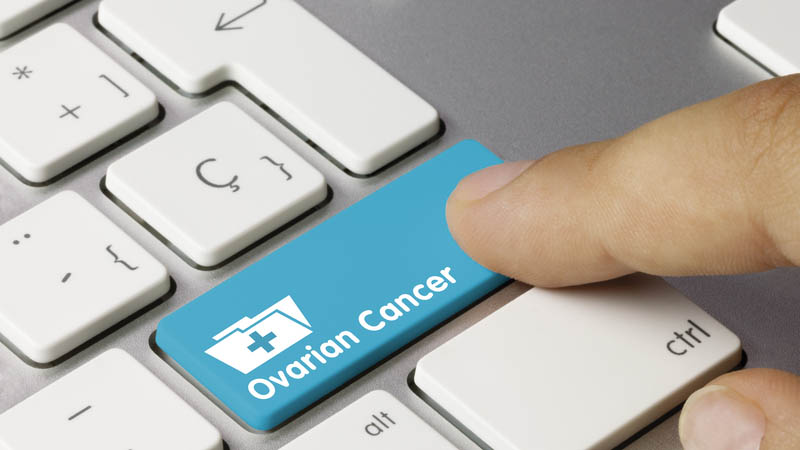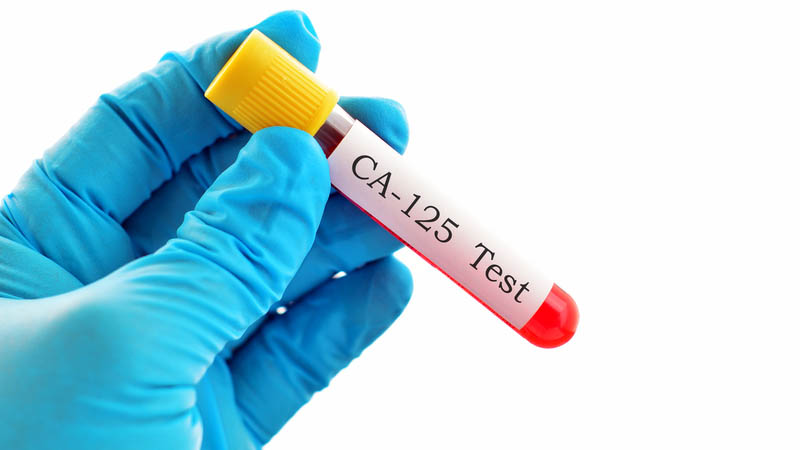The impact of treatment exposure on diabetes biomarkers among Jordanian breast cancer women: a connection through FBG, C-peptide and HOMA-IR
Safaa A. Al-Zeidaneen1, Mousa N. Ahmad2, Ali D. Al-Ebuos3
 Affiliacja i adres do korespondencji
Affiliacja i adres do korespondencjiBackground: Breast cancer is the most frequently occurring and life-threatening malignant tumor in women. The evidence that associates diabetes’ biomarkers with breast cancer is highly controversial. Aims: To evaluate diabetes’ biomarkers in breast cancer patients according to type of treatment exposure, breast cancer severity and menopausal status. Material and methods: A total of 396 breast cancer patients aged between 25 and 65 years attending breast cancer clinics were evaluated. The experimental design permitted to include 134 newly-diagnosed breast cancer patients who were not exposed to any type of interventions and 262 recently diagnosed breast cancer patients (up to three months). Recently, group members were subdivided in two subgroups to control exposure to therapy specially chemotherapy. The patients were further divided according to breast cancer stages and postmenopausal status. Diabetes biomarkers consisted of fasting blood glucose (FBG), C-peptide and HOMA-IR. Results: The high FBG was more prevalent in advance (24.1%) than early (10.6%) stage breast cancer. Compared with premenopausal breast cancer patients, postmenopausal breast cancer patients had higher prevalence of abnormal FBG (21.0% vs. 11.1%). The differences were also significant in the mean of FBG (103.0 ± 1.5 vs. 89.0 ± 0.0 mg/dL). In postmenopausal breast cancer patients, FBG was higher in the recently diagnosed whom expose to treatments including chemotherapy (106.5 ± 1.7 mg/dL vs. 126.2 ± 1.2 mm Hg) compared to the newly-diagnosed group whom not yet expose to any kind of treatment interventions. Conclusion: Diabetes was prevalent among breast cancer patients and it was higher in postmenopausal and advanced stage breast cancer women. The burden of diabetes on treatment expose breast cancer women tend to be high and warrants closer attention by health care provider to improved outcomes after diagnosis and treatment exposure.









